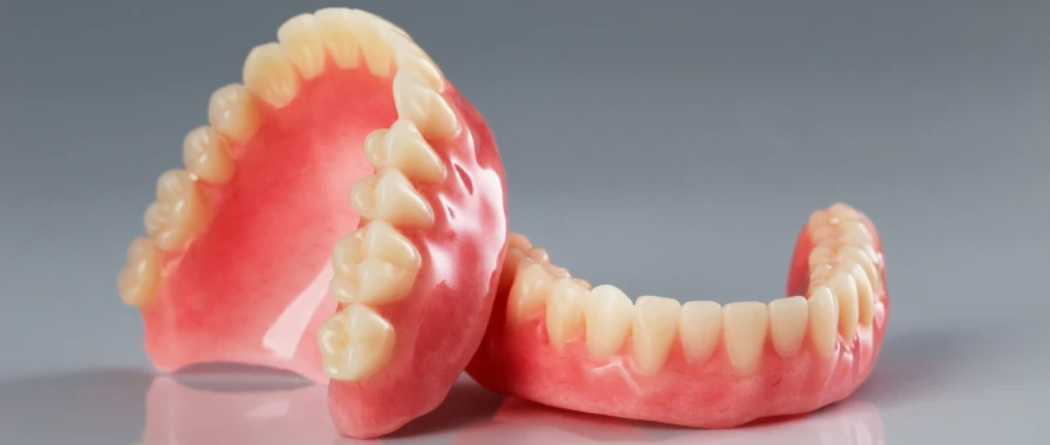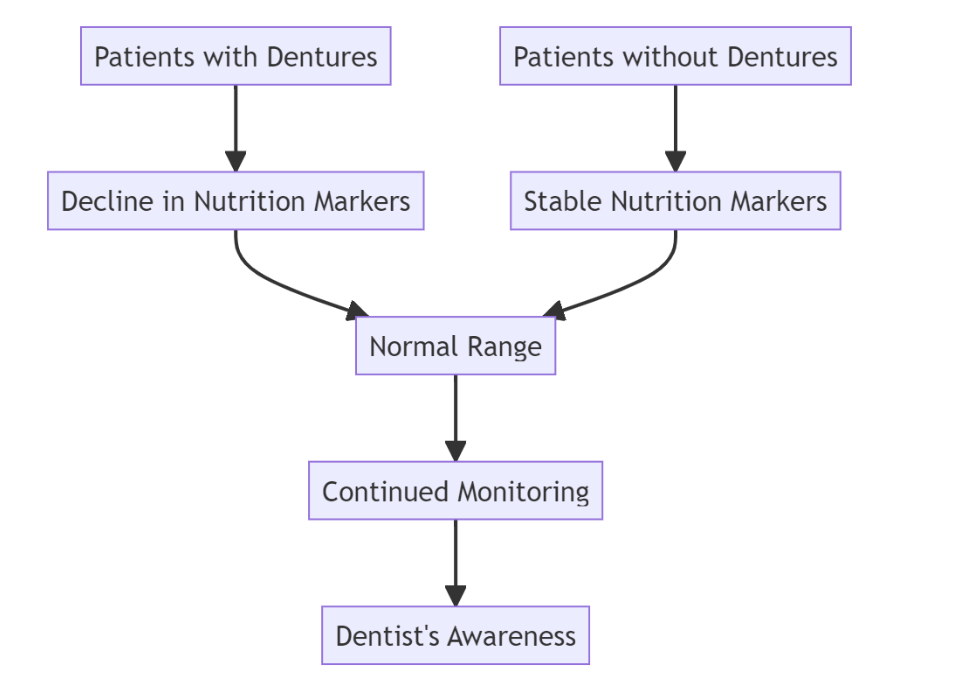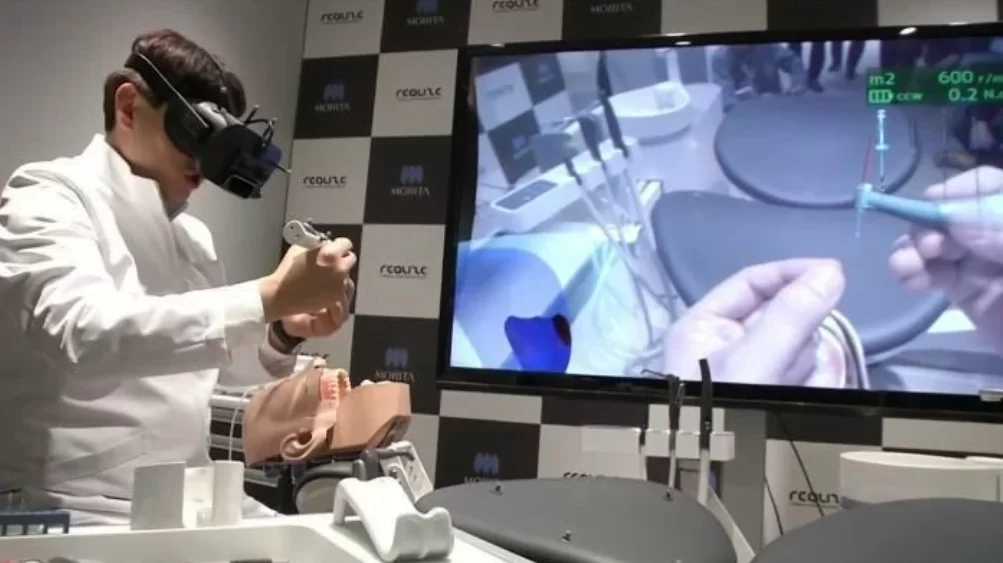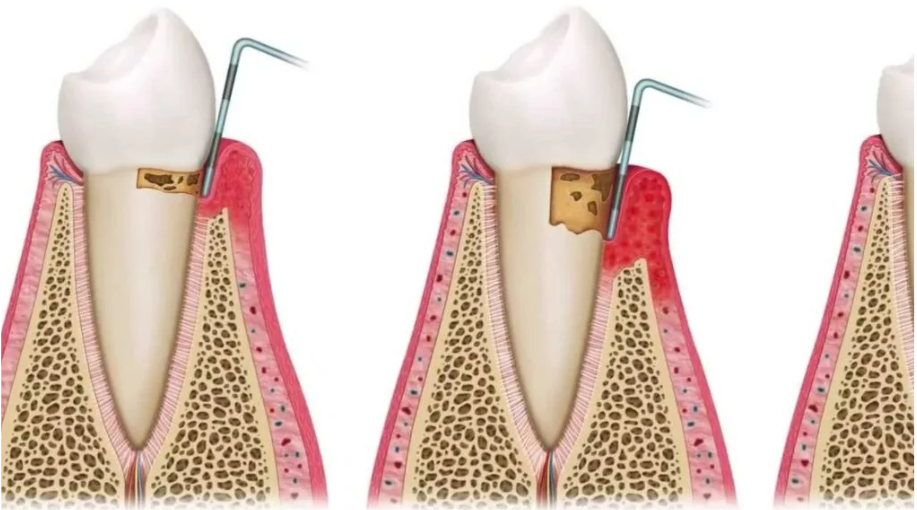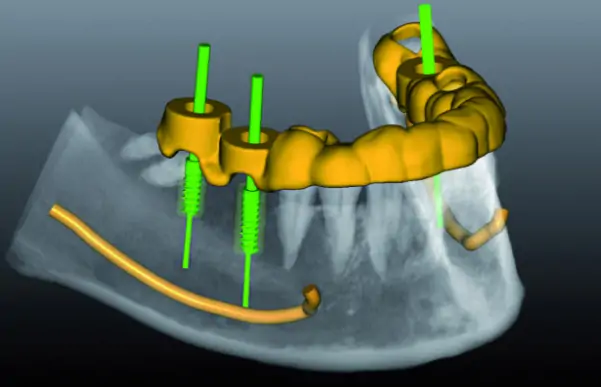The Impact of Dentures on Nutrition: A Comprehensive Analysis
In the realm of oral health, dentures have long been considered a viable solution for individuals facing tooth loss and dental issues. However, recent research conducted by the Regenstrief Institute and the Indiana University School of Dentistry has shed new light on the potential negative impact of dentures on a person’s overall nutrition. This groundbreaking study has not only provided valuable insights but also raised important considerations for dental professionals and patients alike.
Dentures: A Significant Change in Chewing Efficiency
One of the key findings of this pioneering research is that dentures bring about a significant change in a person’s chewing efficiency, which, in turn, can alter their eating habits. According to Dr. Thankam Thyvalikakath, the senior author of the study and the director of the Regenstrief and IU School of Dentistry Dental Informatics program, “Dentures are a significant change for a person. They do not provide the same chewing efficiency, which may alter eating habits.” This revelation underscores the need for heightened awareness among dentists and the importance of providing advice and referrals for nutrition counseling to individuals undergoing this transition.
Linking Dental Records with Nutritional Biomarkers
What sets this study apart from previous research in the field is its innovative approach. The research team leveraged electronic dental and health records, merging them with nutritional biomarkers obtained from medical laboratory data. More than 10,000 patient records in Indiana were meticulously analyzed, focusing on markers for malnutrition. The laboratory tests included a comprehensive array of assessments, such as complete blood count, basic metabolic profile, and lipid and thyroid panel tests, among others. The crucial comparison was made between the lab results from two years before a patient received dentures and the two years after.
Alarming Decline in Nutritional Markers
The results of this groundbreaking study were both enlightening and concerning. Researchers discovered that individuals with dentures experienced a significant decline in specific nutritional markers over the two-year period following the acquisition of dentures. In stark contrast, those who did not wear dentures did not exhibit such declines in nutritional markers. It’s important to note that while the marker levels remained within the normal range, there is a potential for these levels to continue to decrease as more time passes. This finding raises a red flag and underscores the need for dentists to be cognizant of this possibility and take proactive measures.
The Road Ahead: Exploring Influential Factors
While this research has shed light on the connection between dentures and nutrition, it is just the beginning. The next phase of exploration in this field involves delving into other factors that may influence nutrition. Researchers are keen to investigate variables such as insurance status and dental clinic characteristics to gain a more comprehensive understanding of the nuances at play.
Conclusion
In conclusion, the research conducted by the Regenstrief Institute and the Indiana University School of Dentistry has brought forth valuable insights into the impact of dentures on an individual’s nutrition. This groundbreaking study underscores the importance of proactive dental care and the need for dentists to be attentive to the potential nutritional implications of dentures. As we move forward, further research in this area will help us unravel the intricate web of factors influencing nutrition and oral health, ultimately leading to better patient care and outcomes.
To visualize the key findings of this study, consider the following mermaid syntax diagram:
This diagram encapsulates the study’s essence and the need for ongoing vigilance in dental care.
Sources
- Science Daily – Wearing dentures may affect a person’s nutrition
- Journal of Prosthodontics – Nutritional Assessment of Denture Wearers Using Matched Electronic Dental-Health Record Data – 23 March 2022

